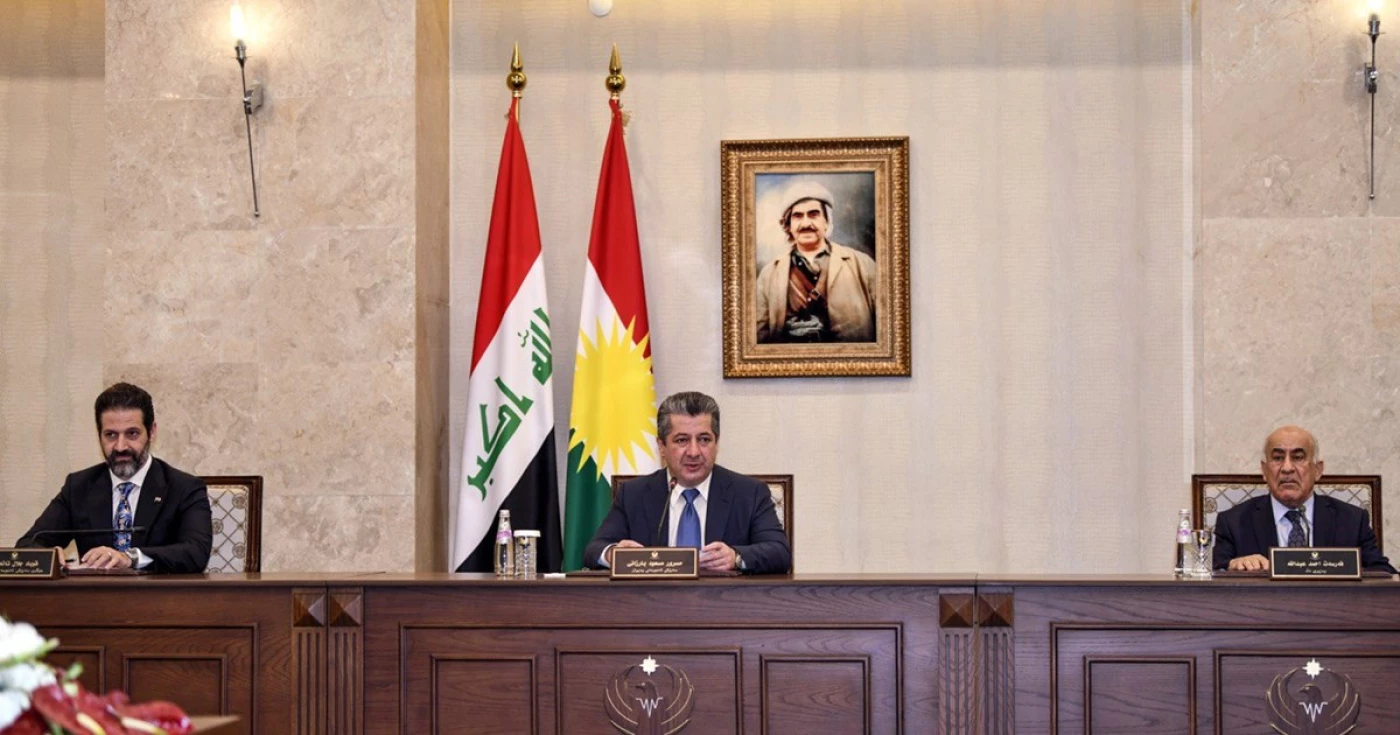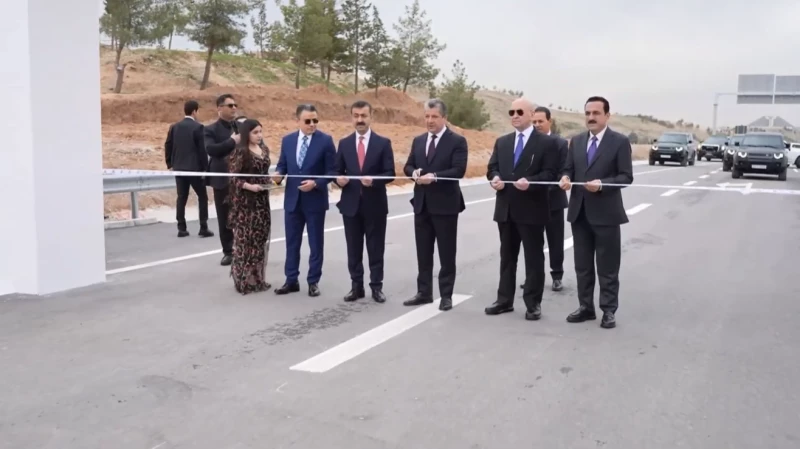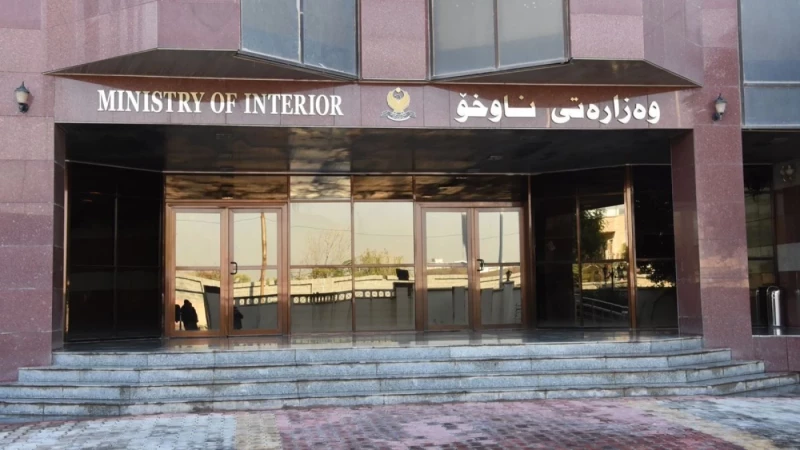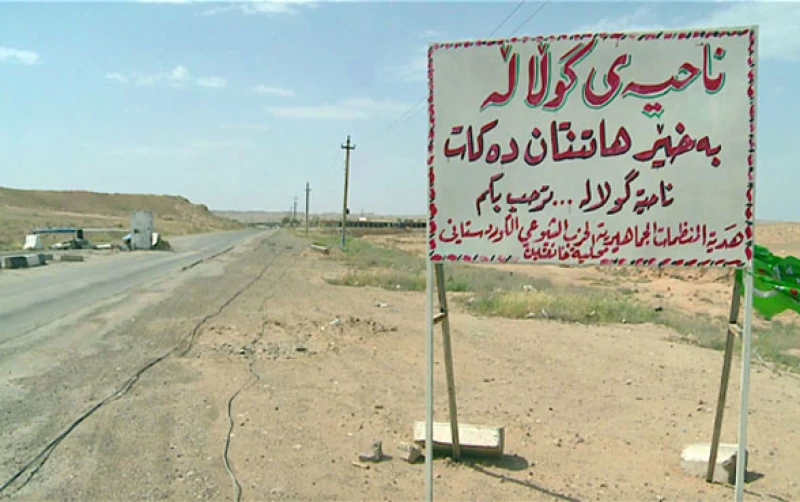ERBIL, Kurdistan Region of Iraq - The Kurdistan Region’s Council of Ministers will hold an extraordinary meeting with the presence of Kurdish ministers in Baghdad and parliamentary bloc leaders to discuss the Region’s share of the federal budget and salary issues.
“Tomorrow at 10 am, in the presence of the Kurdistan Region’s representatives in the federal government and the head of the Kurdish parliamentary blocs and political parties, an extraordinary meeting will be held in Erbil with the prime minister, deputy prime minister, and the ministers of the Kurdistan Regional Government (KRG),” KRG spokesperson Peshawa Hawramani announced on Friday.
The meeting, set for Saturday, will focus on salaries and financial entitlements of the Kurdistan Region in Baghdad, Hawramani added.
Salaries of the Kurdistan Region’s civil servants and the Region’s share of the federal budget have long been a point of contention between the federal and regional governments. As of the time of this writing, the KRG has not been able to pay its civil servants their December 2024 salaries, citing Baghdad’s refusal to send the agreed upon amount for said salaries.
In a Wednesday interview with The New Region, Hawramani said that as the country enters a new fiscal year, Erbil is insistent that the current situation cannot go on.
Hawramani said that the first step is to make sure Kurdish representatives in Baghdad, including those who hold ministerial positions, talk with the federal government in a bid to resolve this issue, but if that fails to bear fruit, withdrawal from the Iraqi political process is certainly a possibility.
“It is not a matter where we can easily say we will withdraw, but it is not impossible,” he said. “It is not something that we can say is far from happening, it could happen if this treatment continues.”
“If we know we have reached a stalemate, and they are wasting time and not respecting the agreements, constitution, and the decision of the Federal Supreme Court, then why not,” he added.
However, Hawramani stressed that for that to happen, there needs to be a consensus between all parties in the Kurdistan Region, including those who are part of the government and those who are not, adding that this is a national issue rather than Baghdad’s antagonism against certain political parties.
The Kurdistan Region's Kurdistan Democratic Party (KDP) and the Patriotic Union of Kurdistan (PUK) are both part of Iraq's ruling State Administration Coalition and have two ministers each in Mohammed Shia' al-Sudani's cabinet. Additionally, Kurdish lawmakers make up 62 of the Iraqi parliament's 329 seats, and also hold the post of the legislature's second deputy speaker.
Erbil and Baghdad have for a decade now been at loggerheads over financial issues, notably the salaries of the Kurdistan Region’s civil servants
Years of conflict and unresolved issues between Erbil and Baghdad, and economic sanctions and pressure on Erbil by federal authorities, have pushed employees in the Region to live from paycheck to paycheck.
The KRG’s financial crisis was exacerbated in the wake of the halt of the Kurdistan Region’s oil exports following a court ruling on a dispute between Iraq and Turkey over Erbil’s independent oil sales.
Exports of the Kurdistan Region’s oil through the Turkish Ceyhan pipeline were halted in March 2023 after Ankara lost a case against Baghdad in a Paris-based arbitration court. The case accused Ankara of breaching a 1973 agreement by allowing the KRG to start selling oil independent of Baghdad.



 Facebook
Facebook
 LinkedIn
LinkedIn
 Telegram
Telegram
 X
X


